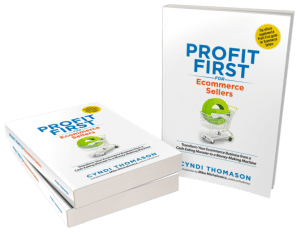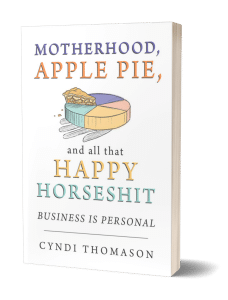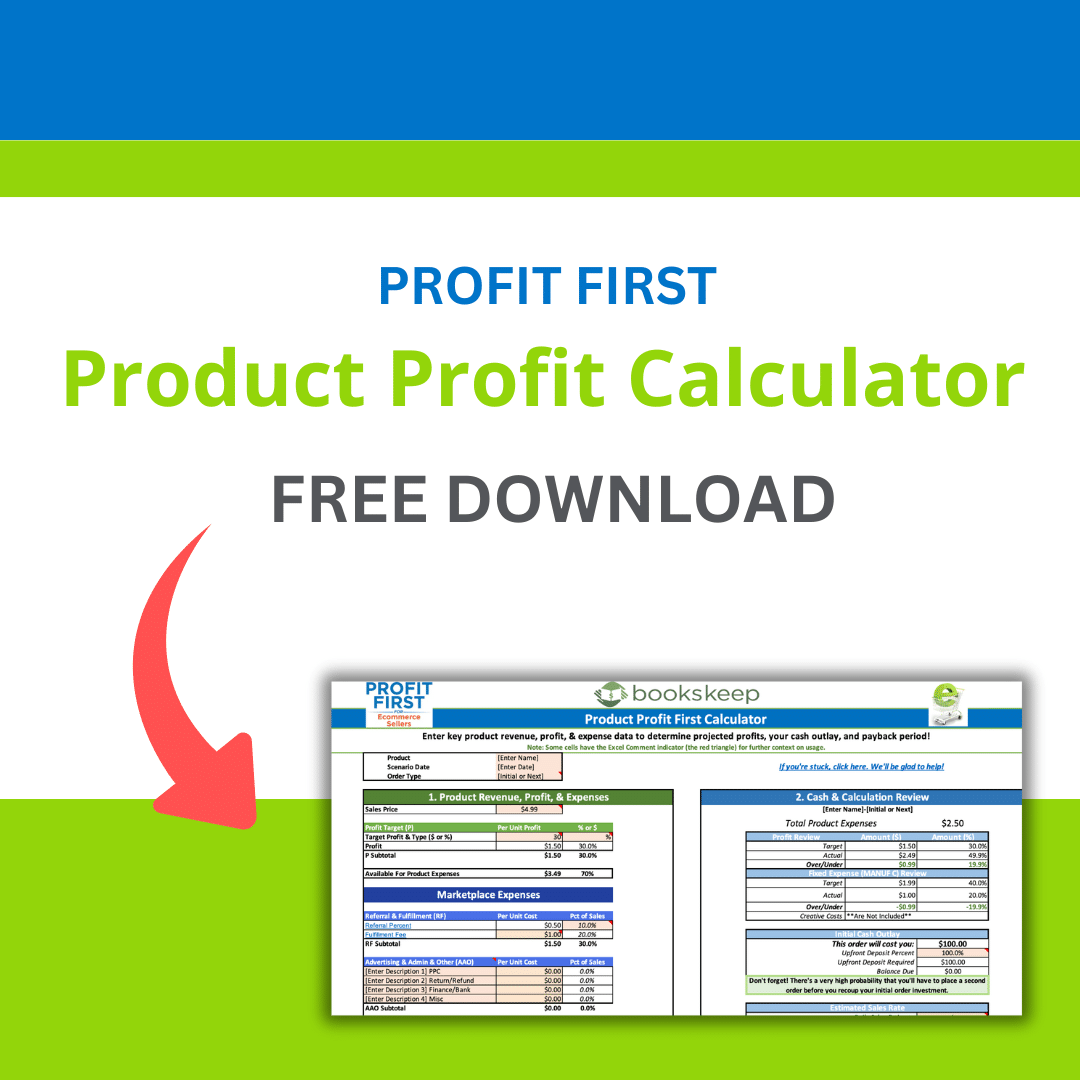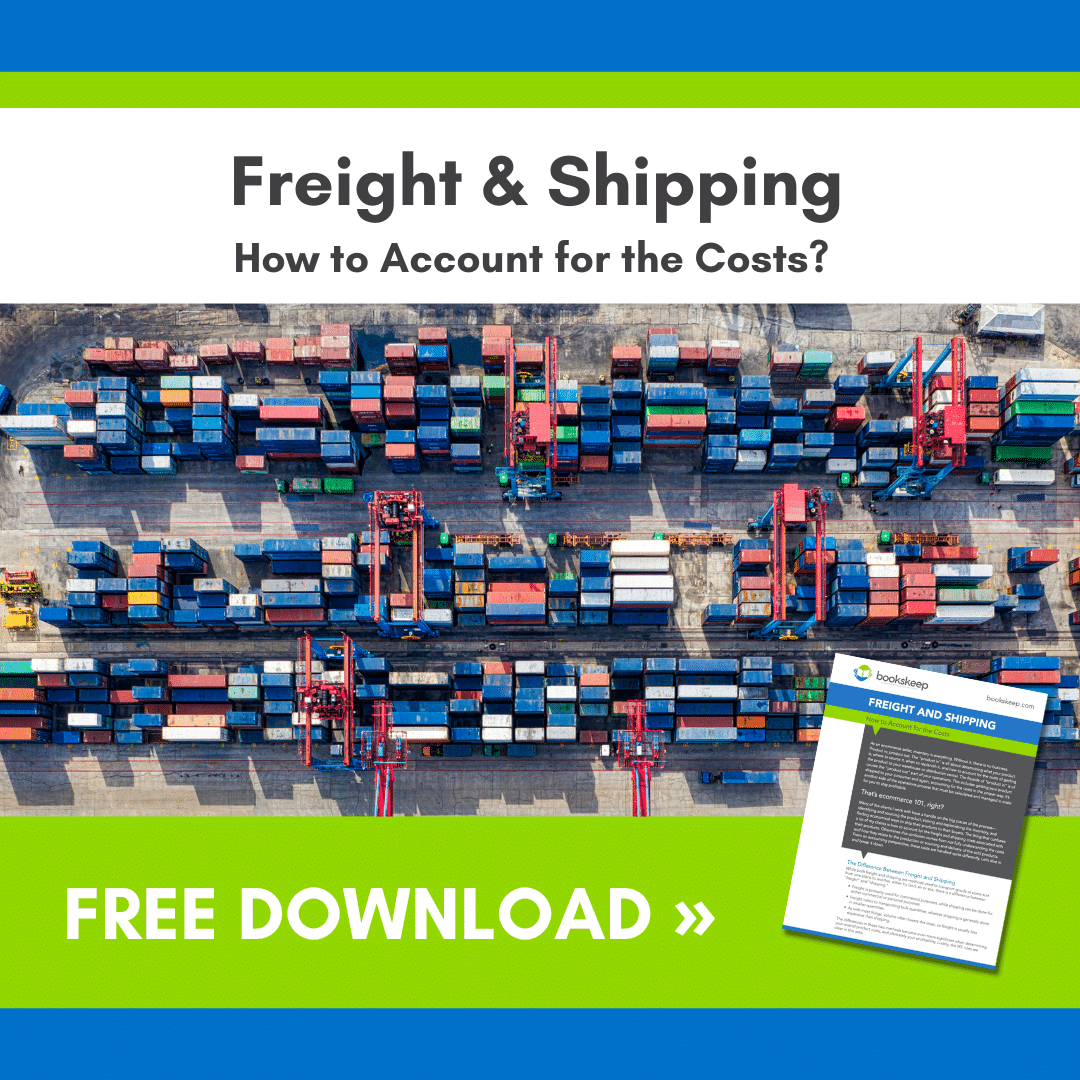
Some things are just better together, like peanut butter and jelly and ecommerce businesses and credit cards. In today’s financial world, little plastic cards have become the #1 tool, especially in ecommerce businesses. So, it makes sense that the first question I get when talking about Profit First is, “Can I still use my credit card?” Yes, but only if you can be responsible.
In the original version of Profit First, Mike Michalowicz suggests using debit cards, not credit cards. While I see his point, I have to respectfully disagree that this is the right choice for ecommerce businesses. My clients have become masters when it comes to using credit cards and getting points. The data that comes with the cards also often allows them to become more knowledgeable about spending.
Debit cards sometimes also lack good fraud protection when connected to business accounts. If you do use debit cards, check with your bank and understand what kind of protection you are offered if your card gets stolen or compromised.
Separate Cards for Separate Accounts
This is how credit cards work so well for us in the ecommerce game. We get the points while still being accountable to Profit First. Just like those Profit First bank accounts, you want each of your cards to have a single purpose. You have a bank account solely for inventory, so you want a card used only for inventory as well. You have an Operating Expense bank account, so you’ll have an OpEx credit card.
We have some long-term clients that have taken Profit First even further and created bank accounts for advertising, shipping, or even licensing fees. Any account that you need that is paid using a credit card should have a card specifically associated to the corresponding account.
There are a couple of different benefits that come from using this separation. The big one is that you can limit card spending to the bank balance you have available to pay the bill. If you’re about to spend $15,000 on the inventory card, you need to be sure you have $15,000 in the inventory bank account to cover it.
Another benefit is that you have a much better grasp of your typical spending in that area of your business. When inventory and operating expenses, for example, are mixed up, it’s hard to see the regular spending for each. Not to mention that recording these charges becomes much easier for a bookkeeper when there’s only one place they can go.
Make a Regular Payment
Another best practice to keep up with credit without getting out of hand is paying off the balance every week or two, at the same time you make your profit allocations. I understand that using borrowed money is appealing, and if you can be disciplined enough to stay out of trouble by paying bills when they’re due, that’s fine. However, I most often see that business owners struggle to pay off balances because they aren’t watching their spending closely.
When you pay the balance more often, you’re able to stay on top of your spending and what money is available to spend. A more frequent payment may also allow you to free up some room for additional charges, which could eliminate the need for additional cards. If you absolutely must have multiple cards due to the volume of purchases, it’s critical that you do the math to make sure your account has the funds to cover those bills.
Staying on top of your card balances is very important, especially since interest rates are crazy right now. Using a credit card to keep up with inflation or unadjusted spending levels is a quick and easy Band-Aid. However, as interest rises and access to credit tightens, getting cheaper loans will become harder, so don’t become too dependent on those cards.
If you rely heavily on credit cards and can’t pay off your balances every month, that is a red flag that your business can’t support what you’re spending. It’s important to quickly get that under control before you dig a hole you can’t climb out of. No amount of earned points is worth the stress that comes from growing debt.
The Role of Responsibility
You can still get also those points and rewards, you just need to be financially responsible about it. As long as you keep up with your spending and keep your eyes on your accounts, credit cards are just one more tool for managing your business and being more profitable, which makes you an informed and confident business owner.
If you’re ready to better manage your money or get debt under control, bookskeep can help! Reach out to the bookskeep Team and start taking your Profit First today!
Interested in Profit First?

You can also sign up for the Profit First for Ecommerce Sellers Online Course. As a Mastery Level, Certified Profit First Professional, I will teach you why Profit First works so well for ecommerce businesses and the particular challenges for businesses that have physical products requiring inventory management. You will learn how your behavior drives your money management habits for your business and how you can set up your business bank accounts to work with your habits.
Check out all our ecommerce accounting and profit advising services here!
Get Cyndi’s new book!
Motherhood, Apple Pie, and all that Happy Horseshit

“You’re about to discover the recipe for successful momma entrepreneurs.”
Business is Personal
As a Mom, you can have it all and it’s better when you do. Using your personal values to create the business of your dreams. By the end of this book you’ll be confident in designing a business that supports your family and yourself. Order Now!




Leave a Comment